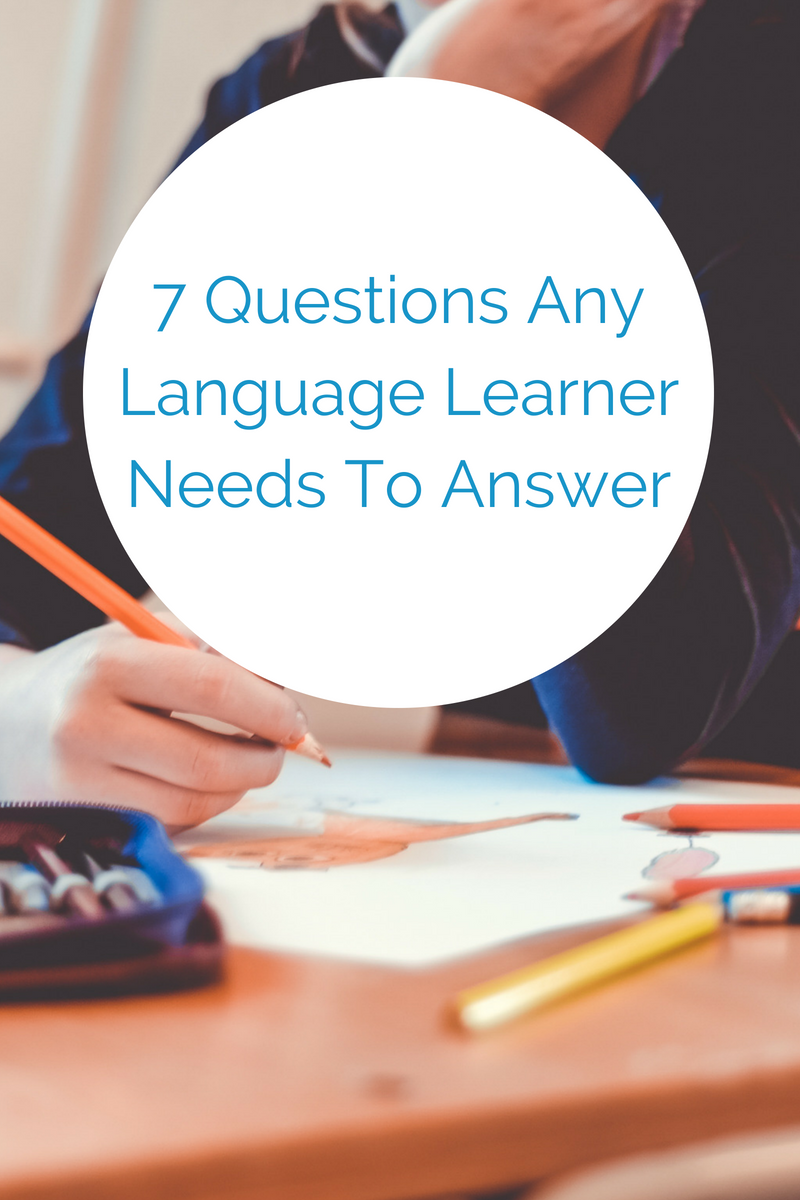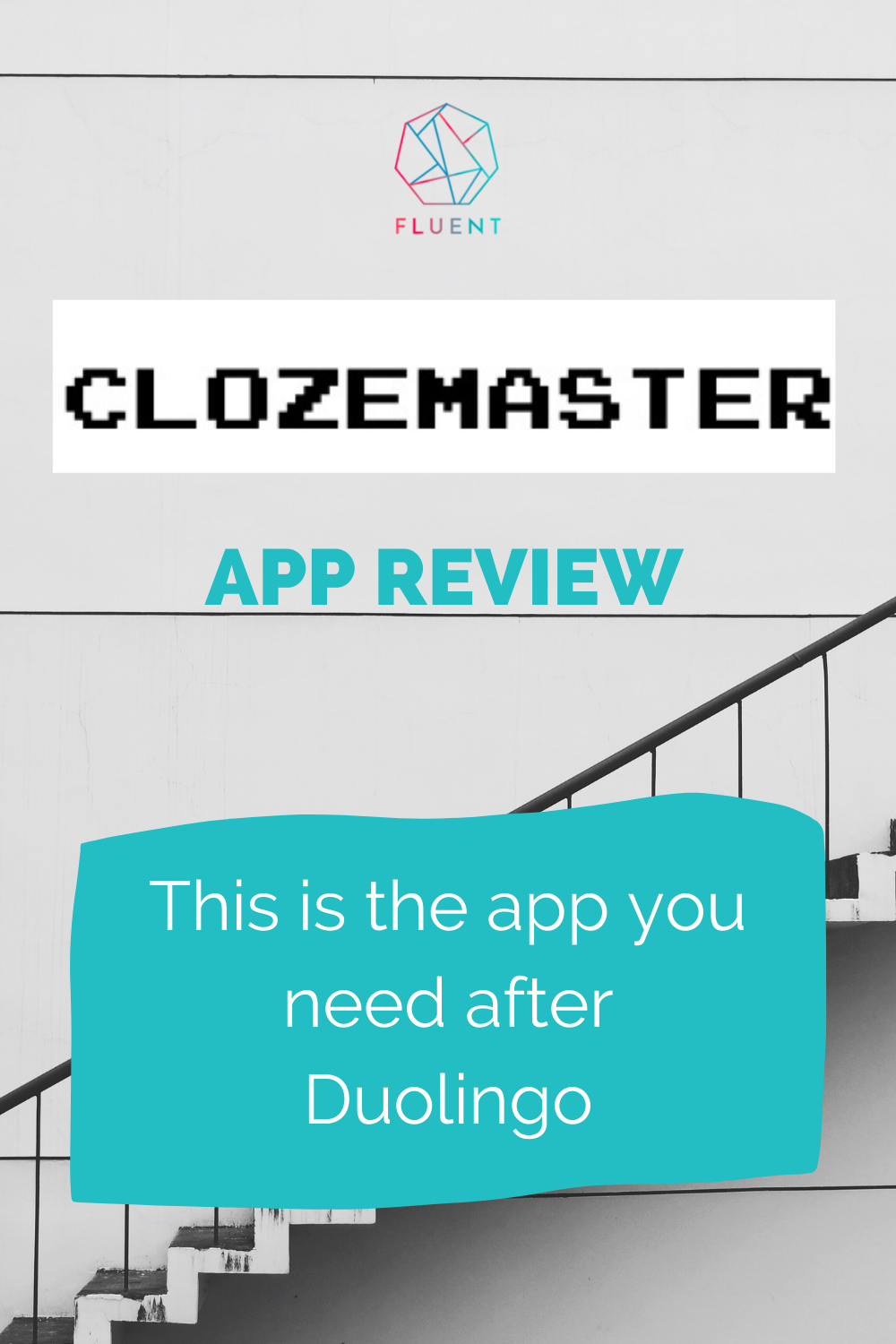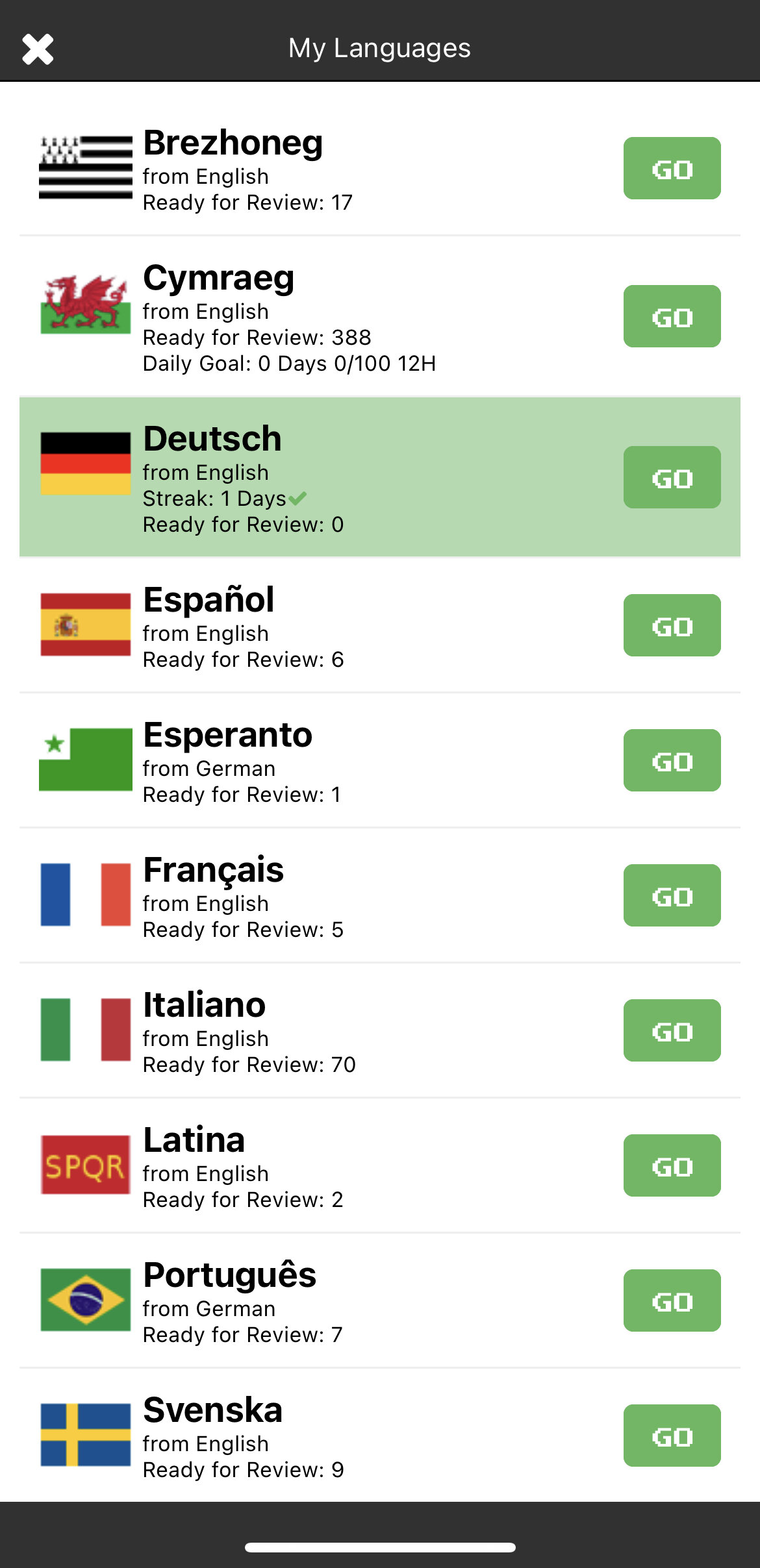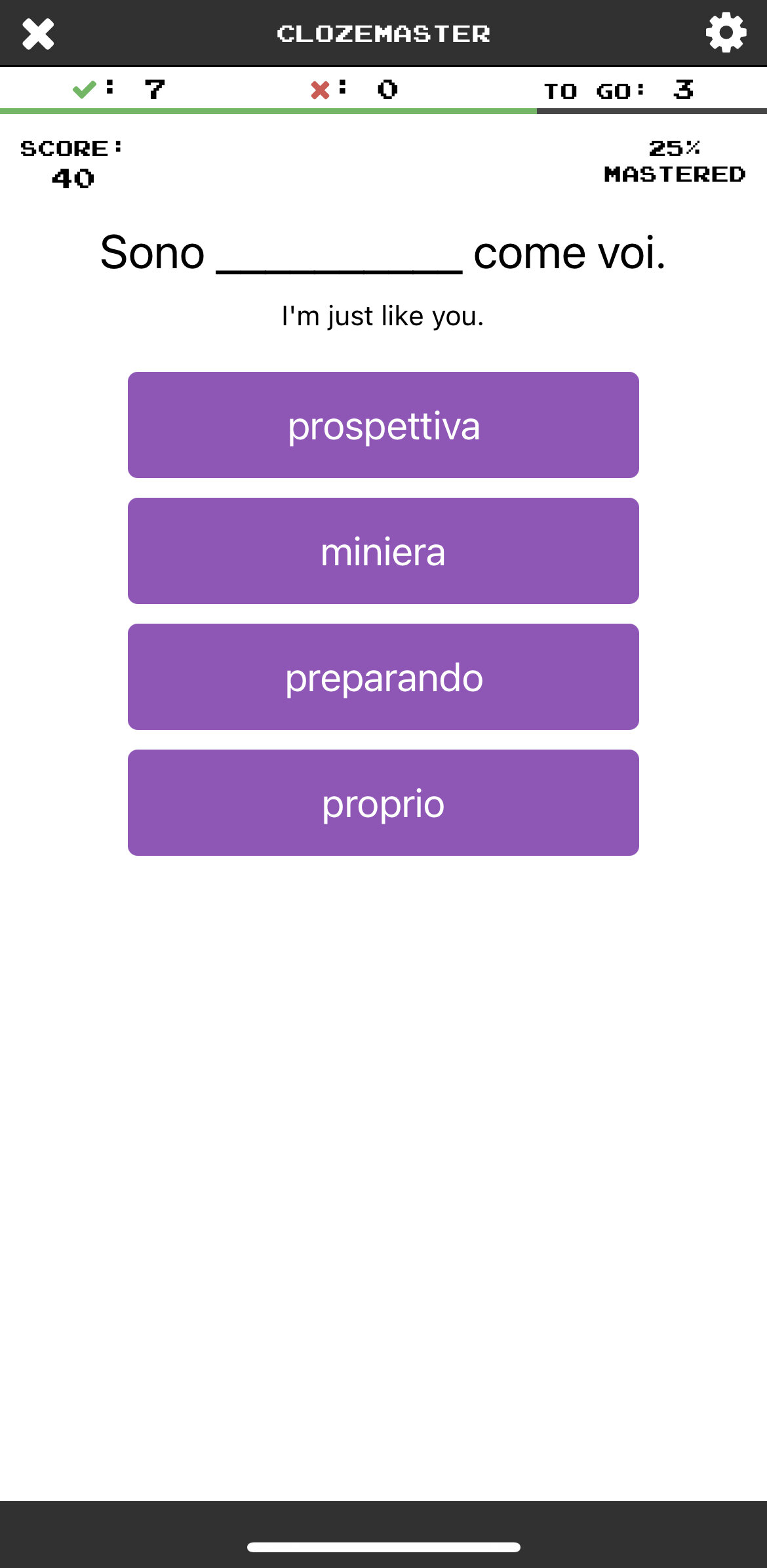Before taking on a new language learning project, these questions will help you focus on a realistic, positive way to bring language into your life and stay motivated so you can become an expert speaker.
Who are the meaningful people in your life?
People in your life are relevant to your results in language learning, because they will influence your thoughts through conversation and behaviour.
Beyond that, it's also important to bear in mind who you are dedicating time and attention to, and how much time and attention you'd want to dedicate to other people.
What's been your contact with other languages so far?
Most people who want to learn a language as an adult have actually learnt a language in their life before. This means you're bringing some experience which can contribute to your success. But it can also mean baggage in terms of past negative experiences.
Have you ever taught someone something?
Every learning or teaching experience you've had in the past has helped you to prepare for learning a language right now. Consider what you did before that worked, and how you felt when you were able to share your knowledge.
What does your week look like?
Even before you start off with your new project, make yourself aware of how much time you have available.
Beware: If you have a lot of things on your plate, this question may make you nervous and doubtful. You do not need to dedicate many hours every single day to learning a language. You can be successful in many ways, but accept that you will be slower.
The purpose of examining your available time is to help you think about what is realistic. If you have a full-time job, coach the local sports team, and spend 2 hours in church every Sunday, you may not currently allow enough time to get fluent in 6 months. If you tried, you'd likely burn out or feel like a failure.
Is it possible to achieve a high language level in few months? Yes. But is it possible unless you put in 20+ hours every week? Nah. So instead, work with who you are and what you've got, and look forward to the progress you will make.
Who can help you learn a language?
Pull in your support team as early as possible! If you have friends who speak different languages, work in the field of languages, or perhaps kids who are studying a language in school, this can make all the difference.
Ask yourself "Who benefits when I learn this language?".
Beyond your circle of IRL friends, consider also where on social media you can build your language circle. If you watch YouTube or spend a few hours a week on Instagram, then make sure you learn with social media. Follow people who post in your target language, get involved by posting something yourself, and share your goals with communities like #studygram on Instagram or the Fluent Language Learners group over on Facebook.
Click Here for 17 Tips for Language Learning on Social Media.
Is there anything that you think might be a stumbling block?
If you talk to an insurance person, they'll tell you that insurance is all about knowing risks. And while I cannot sell you an insurance for failed fluency, I do recommend that you consider what's risky for your own success.
Here are a few common language learning threats:
- You may commit a lot of time but find it hard to maintain that energy.
- You may be scared of practicing your language because you don't want to look foolish.
- If you're motivated by one life event like a trip to the target country, your motivation could fade away after you return home.
- You may overestimate how fast you can learn, and feel demotivated when you progress is slower than expected.
- You may tell yourself "I can't learn languages" and self-sabotage yourself right from the start.
A language coach will help you handle each one of those risks, and many more. It's worth talking to them about it!
Learn more about language coaching
What conditions exist for making you a success?
Imagine you are NOT going to move to the country tomorrow and you won't win the lottery either. How could you still make language learning a success?
Making The Plan
Take the questions listed above to a friend, a supportive group, or book a few language coaching sessions. The coach will help you
- Think positively and discover your strengths.
- Look for opportunities to build a language learning habit so you can speak a language automatically without having to study so much.
- Value the advantages that you have right now, and show you how to use them to stay motivated for many years.
If you want a little more support on how to improve your routine in practical steps after these questions, check out the Language Habit Toolkit. It is a collection of guidance notes and worksheets that will help you set goals and become more productive as you learn languages. The toolkit is designed to be your little self-guided coach in a box.
What About You?
How would you answer the questions I listed above? Who helps you learn languages?
Share in the comments below - I'm excited to hear from you.







![Copy of [Templates] Instagram Grid.png](https://images.squarespace-cdn.com/content/v1/500fab79c4aa83ca4b6cacae/1620665028660-DR82OCH8LL5V8ZW5QYA4/podcast+quote+graphic)



